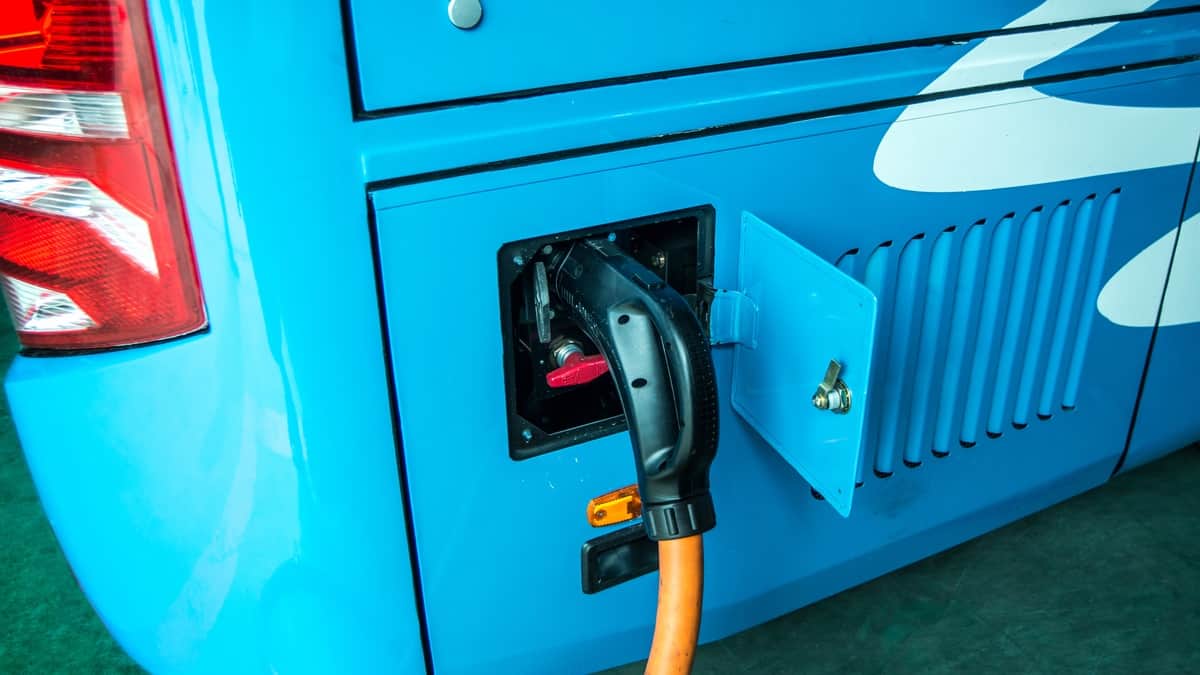India has the potential to advance in the electric vehicle industry this year as numerous EV makers look to penetrate the profitable market. That said, extending the FAME II subsidy deadlines past 2024 is crucial for these EV firms.
“With the Union Budget 2023-24 approaching, we believe that increasing the scope of FAME-II in terms of extended timelines and on vehicle categories instead of battery capacity will help in building a strong foundation for the commercial EV segment in India. There is a much-needed intervention in CGT (Credit Guarantee Fund Trust) MSME (micro, small and medium enterprises) scheme with increase in the loan amount to support ‘early stage’ startups.”
Zen Mobility’s Founder and CEO, Namit Jain
FAME II subsidy
For those unaware, the Faster Adoption and Manufacturing of Electric Vehicles (FAME) II subsidy was implemented by India’s Central and State governments in 2019 under Section 80EEB of income tax.
Notably, it offers deductions on interest paid on loans for an EV purchase. If you purchase an electric car, Section 80EEB of the Income Tax provides up to Rs 1.5 lakh deduction from your taxable income for interest paid on the loan amount.
Both personal and/or business use of the deduction is permitted. Until the loan is repaid, the deduction allowed by this clause is still valid. It is important to note that only interest payments are eligible for the deduction. That said, payments of the loan’s principal amount are not qualified.
However, its expiration date is just around the corner, which is March 31, 2024. If this is extended, the new deadline will be March 31, 2025.
What must be considered for the EV sector in India’s 2023–24 Budget?
Buyers’ EV interest rates should be decreased, and the GST refunding process should be made simpler. As per Zen Mobility CEO Jain, it would encourage fleet owners to operate smoothly without any delays while boosting the 3W and 4W EVs.
“Additionally, evaluating SEZ (special economic zone) for electric vehicles offering low-cost land and building infrastructure is an impetus to stimulate the economy. We also believe that the ban on imports of CKD/SKD kits will only help in growth of Indian companies.”
Zen Mobility’s Founder and CEO, Namit Jain
Motovolt, another mass-market EV maker, argues that the government must keep up its initiatives to maintain this progress and make EVs competitive with ICE vehicles.
“The government of India has identified EVs as the key to achieving the sustainability goals of the India mobility sector. In the last few years, a number of steps have been taken to build an EV ecosystem comprising OEMs, battery manufacturers, energy providers and other stakeholders. The taxation on EVs and components like batteries must be lowered so that the vehicles can be made more affordable for the masses.
For instance, the GST on Advanced Chemistry Cell batteries is expected to be reduced to 5 percent which will make it at par with the GST on EVs.”
Motovolt Mobility’s Founder & CEO, Tushar Choudhary
Choudhary suggested that a tax subsidy for 2-wheelers similar to the consumer finance for 4-wheelers for the low-speed category should be considered. Furthermore, the Delhi e-cycle subsidy must be extended to other major cities.
Meanwhile, EV maker Evera anticipates that the government will unveil policies and programs in the upcoming Budget to further assist EV automakers.
“To make sure that our EVs are able to provide better services to our customers, partners and governments, we have planned a network of EV charging stations across primary locations across India. In the upcoming Budget, we expect the government to introduce policies/ schemes that further support EV car manufacturers and cab service providers.”
Evera Co-Founder Nimish Trivedi
In retrospect, the finance minister revealed the government’s intention to implement a comprehensive battery-swapping policy in the most recent Union Budget. Stakeholders in the EV ecosystem have voiced their opinions and shared reservations about some operational issues of the draft policy since it was put out for comment.
“As a path-breaking initiative, the policy can transform and expedite the growth of the EV ecosystem if it is simplified on the lines of CNG policy by standardising only the battery and vehicle specifications and not the types. The simplification through the upcoming Budget should be followed by an early implementation as 2023 is a crucial year to build momentum.”
Chargeup’s CEO & Co-Founder CEO Varun Goenka
Chargeup CEO Goenka continued by saying that financial expenditures must be made to satisfy long-standing demands. It may include incorporating EVs in priority sector lending and lowering the GST from 18 to 5%. These steps will undoubtedly lower the upfront costs of EVs, thereby reducing their cost and hastening their adoption across the nation.
These suggestions from the EV stakeholders would guarantee that the EV market momentum in India is maintained. To entice more automakers to invest in the country, the government must consider all of these concerns. Additionally, it will encourage more consumers to switch to clean mobility.

